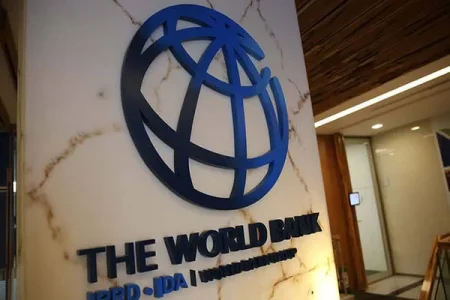
A recent World Bank brief, titled "Digital Transformation Drives Development in Africa," reveals that improved internet access has contributed to a notable 7% reduction in extreme poverty in Nigeria and Tanzania over three years. The report also highlights an 8% increase in labor force participation and wage employment.
According to the World Bank Chief Economist for Africa, Andrew Dabalen, the limited use of mobile internet presents a missed opportunity for inclusive growth in Africa. The report emphasizes that closing the internet uptake gap could enhance the continent's potential to generate jobs and facilitate economic recovery in an increasingly digitalized world.
Over the past five years (2016-2021), sub-Saharan Africa has witnessed an impressive 115% increase in internet users, playing a pivotal role in driving economic growth, fostering innovation, and creating job opportunities.
However, despite these advancements, the brief notes that the region's digital infrastructure coverage, access, and quality still lag behind other parts of the world. While 84% of people in sub-Saharan Africa lived in areas with 3G service availability and 63% had access to 4G mobile coverage by the end of 2021, only 22% were using mobile internet services.
The gap between coverage and usage is also significant for broadband, with 61% of people in sub-Saharan Africa within broadband range but not utilizing it.
The Minister of Communications, Innovation, and Digital Economy, Dr. Bosun Tijani, recently highlighted that although the cost of data in Nigeria is among the cheapest globally, operators hesitate to lay fiber in many regions outside major cities due to profitability concerns.




